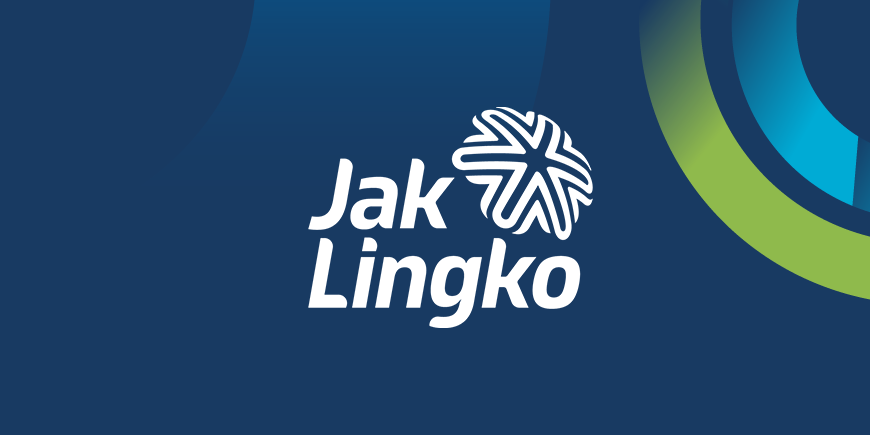Jakarta (ANTARA) - DKI Jakarta Governor Anies Baswedan claims the Jaklingko program, which was established in 2018, makes Jakarta residents more prosperous. This is because, said Anies in Jakarta, Thursday, with a tariff of Rp. 5,000 per three hours via the Jaklingko card, passengers can take public transportation such as TransJakarta and urban transportation (angkot) many times without additional fees.
"In Jakarta, it can almost be said that family expenses can be up to 30 percent for transportation. So, receiving 30 percent of the monthly money can be used up for transportation," said Anies. Apart from being more economical, Anies continued, Jaklingko's existence also encourages people to switch to taking public transportation, especially TransJakarta buses. At the end of 2016, the number of TransJakarta passengers reached 340,000 people per day, then in 2020 it would increase 3.5 times to more than one million passengers.
"If our fleet adds more money, it means that there is a change in the behavior of Jakarta residents. From taking private vehicles to taking public transportation," said Anies. With this change, he continued, the cost of living for residents decreased because of their spending on public transportation. transportation is much lower. In other words, said Anies, the hope is that they can be more prosperous because the budget can be used for other needs.
The Jaklingko system, said Anies, not only benefits the community, but also drivers and vehicle owners whose income is more certain because DKI has paid for it based on kilometers. While the driver does not need to chase deposits, the vehicle owner will feel calm because the car is better maintained through well-predicted income. "For angkot, for example, in cooperation with Jaklingko, their income is no longer calculated based on the number of passengers, but is calculated based on kilometers per day, so that the angkot does not demand. Because he is targeted for a few kilometers per day, for example a minimum of 90 km is a maximum of 110 kilometers, it cannot be more and less. So, if there are passengers or no passengers, he will keep going around, "he said.
Anies also explained that the naming of Jaklingko, which he mentioned, means Jakarta, while the word Lingko is taken from the regional language of Manggarai, East Nusa Tenggara (NTT), which means that the rice field irrigation distribution system in the form of spider webs has been proposed to be adopted into Indonesian. "We propose that the language be adopted into Indonesian. Alhamdulillah it is now recognized as Indonesian so Jaklingko. With this Jaklingko all public transportation operators, including medium buses, all operate in one system," said Anies.
Reporter: Ricky Prayoga Editor: Edy Sujatmiko
COPYRIGHT © ANTARA 2021




